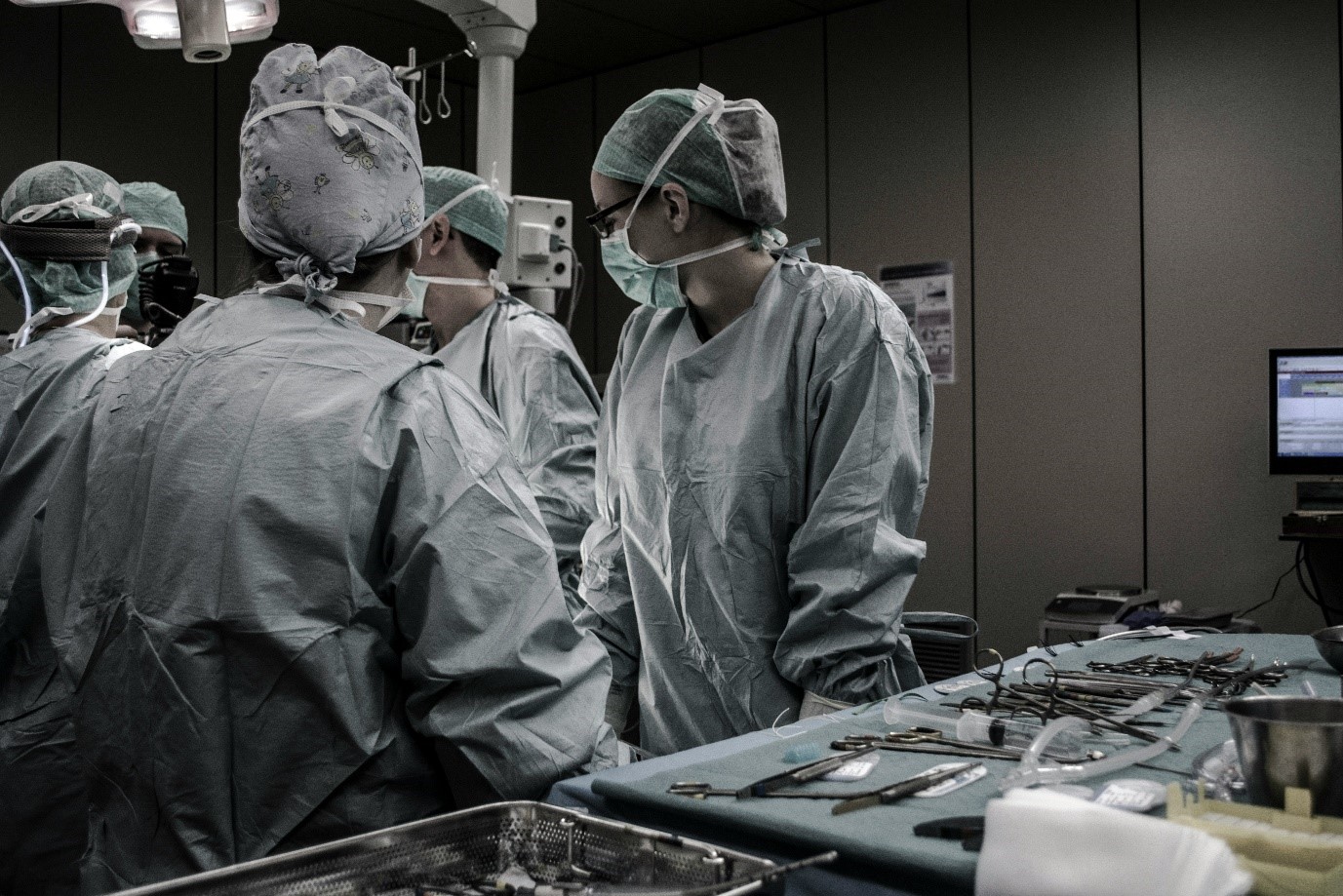
2024-10-10 / News
A study conducted at a Neonatal Intensive Care Unit (NICU) in Brazil has demonstrated the effectiveness of simulation-based training in improving compliance with infection prevention practices for central venous catheters. This research highlights the potential of innovative educational interventions to improve patient safety in critical neonatal care settings.
The study, led by researchers from the Federal University of Minas Gerais, Brazil, focused on the use of peripherally inserted central catheters (PICCs) in newborns. These devices, while essential for many preterm infants, carry a risk of central line-associated bloodstream infections (CLABSIs), which can have serious consequences for vulnerable neonates.
The research team observed 41 nursing professionals before and after the implementation of a simulation-based educational intervention. The results revealed significant improvements in several critical areas of infection prevention, including increased compliance with surgical hand antisepsis, better adherence to skin antisepsis protocols using chlorhexidine, improved waiting times for antiseptic action, and enhanced compliance with sterile technique during catheter insertion.
These improvements are crucial in reducing the risk of CLABSIs, a major concern in NICUs worldwide. The study’s findings support global efforts to adopt evidence-based “bundles” of care practices to prevent catheter-related infections.
The educational intervention utilised clinical simulation which allows nursing staff to practice and refine their skills in a safe, controlled environment. This approach bridges the gap between theoretical knowledge and practical application, addressing a common challenge in healthcare education. Dr. Bruna Figueiredo Manzo, one of the study’s authors, emphasises the importance of ongoing education and that targeted, hands-on training can significantly improve adherence to best practices, which is particularly crucial in high-stakes environments like the NICU.
The study’s findings have important implications for neonatal care units globally. By demonstrating the effectiveness of simulation-based training, it provides a model for other institutions seeking to enhance their infection prevention protocols. Moreover, the research underscores the critical role of nursing professionals in maintaining patient safety. As the primary caregivers responsible for PICC insertion and maintenance, nurses and nursing technicians are at the forefront of infection prevention efforts.
However, sustained improvement requires ongoing education and monitoring. The researchers therefore suggest that future research could explore the long-term impact of such interventions on clinical outcomes and patient safety metrics.
As healthcare systems worldwide strive to reduce hospital-acquired infections, particularly in vulnerable populations like preterm infants, this study offers valuable insights into effective educational strategies. By investing in innovative training approaches, NICUs can empower their staff to provide safer, higher-quality care to their tiny patients.
Paper available at: SciFlo Brazil
Full list of authors: Thayane Gusmão Pires de Oliveira, Juliana de Oliveira Marcatto, Allana dos Reis Corrêa, Luciano Marques dos Santos, Patrícia Kuerten Rocha, Delma Aurélia da Silva Simão, Bruna Figueiredo Manzo
DOI: https://doi.org/10.1590/0034-7167-2022-0574
You are currently viewing a placeholder content from Facebook. To access the actual content, click the button below. Please note that doing so will share data with third-party providers.
More InformationYou are currently viewing a placeholder content from Instagram. To access the actual content, click the button below. Please note that doing so will share data with third-party providers.
More InformationYou are currently viewing a placeholder content from X. To access the actual content, click the button below. Please note that doing so will share data with third-party providers.
More Information